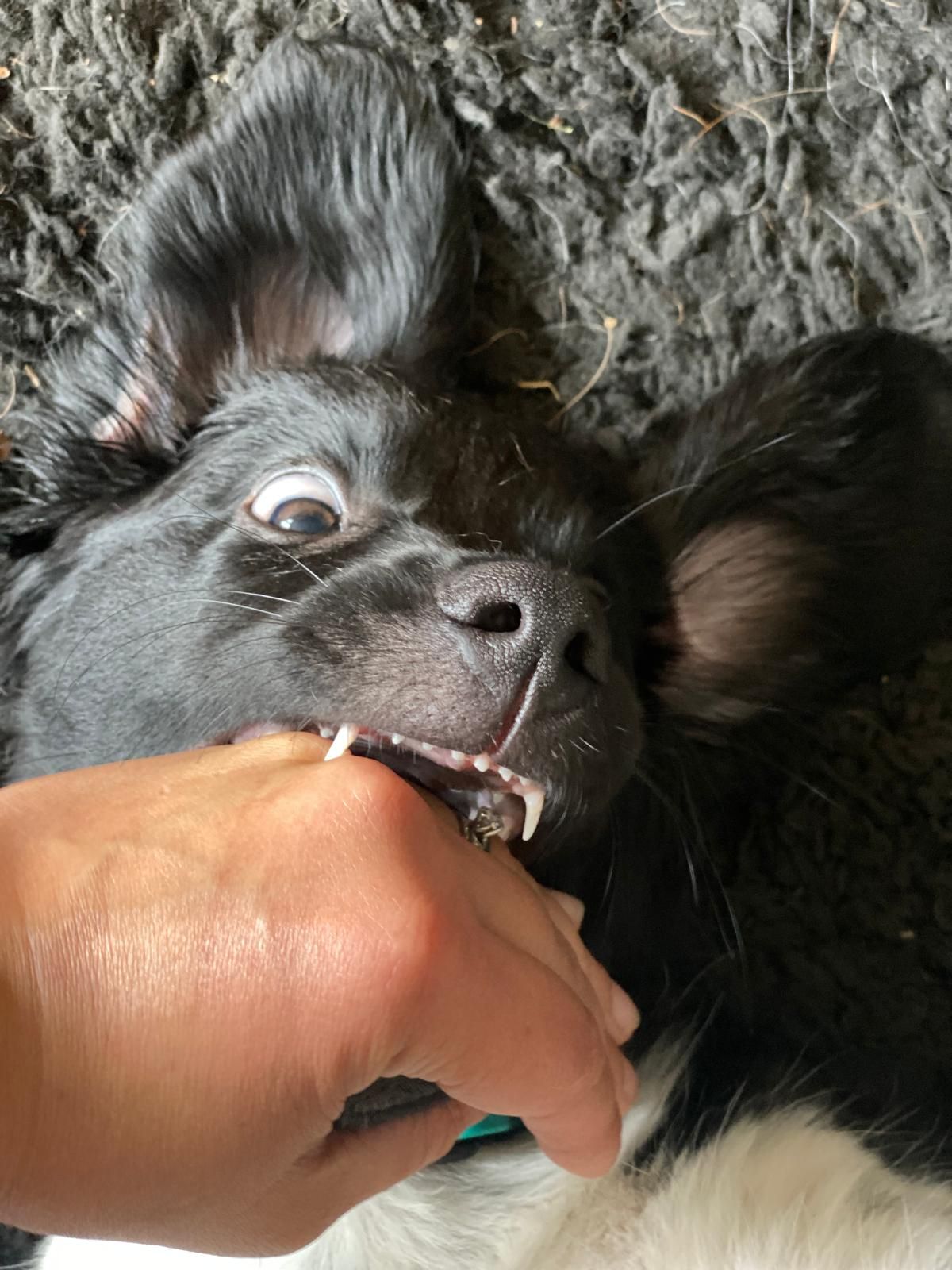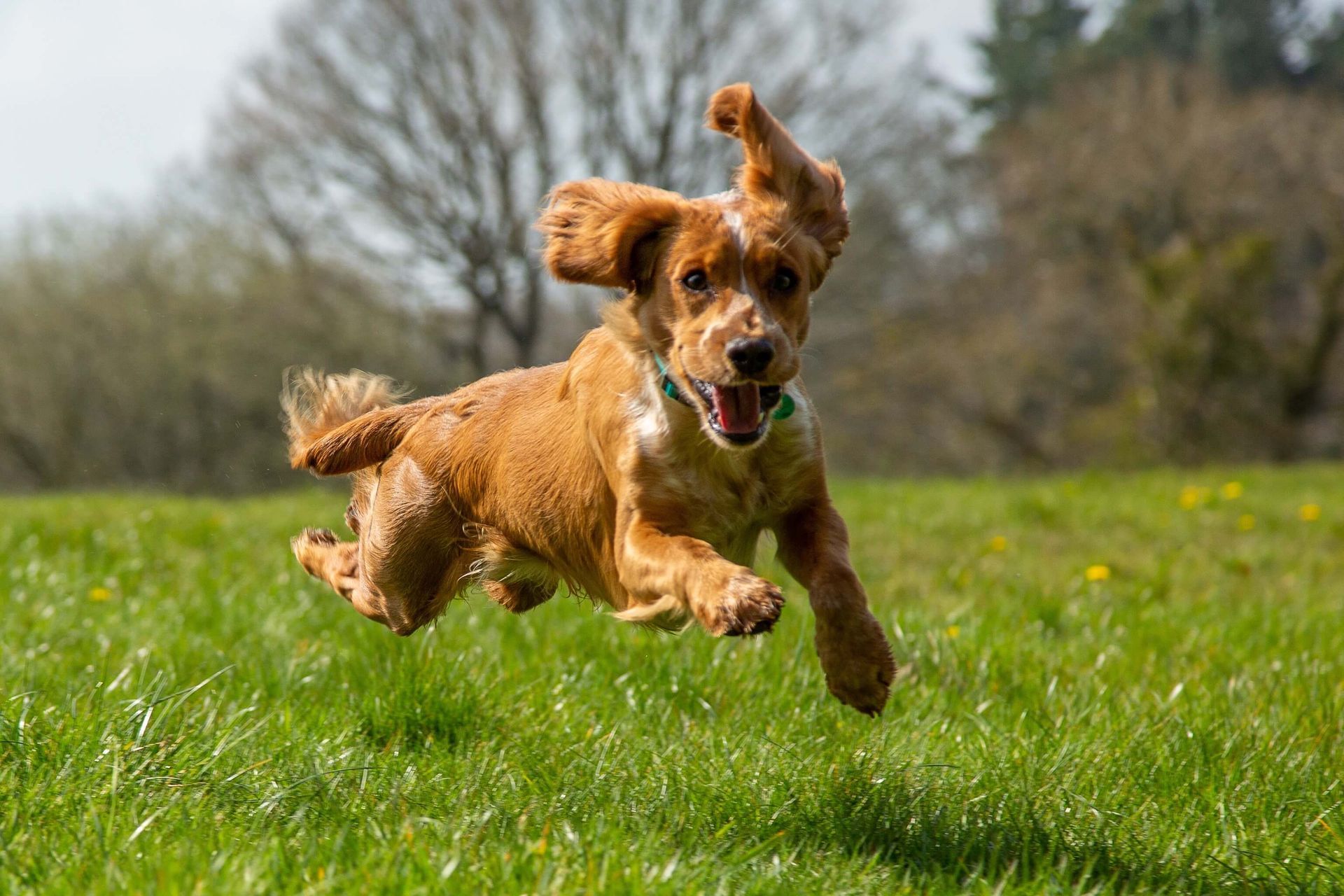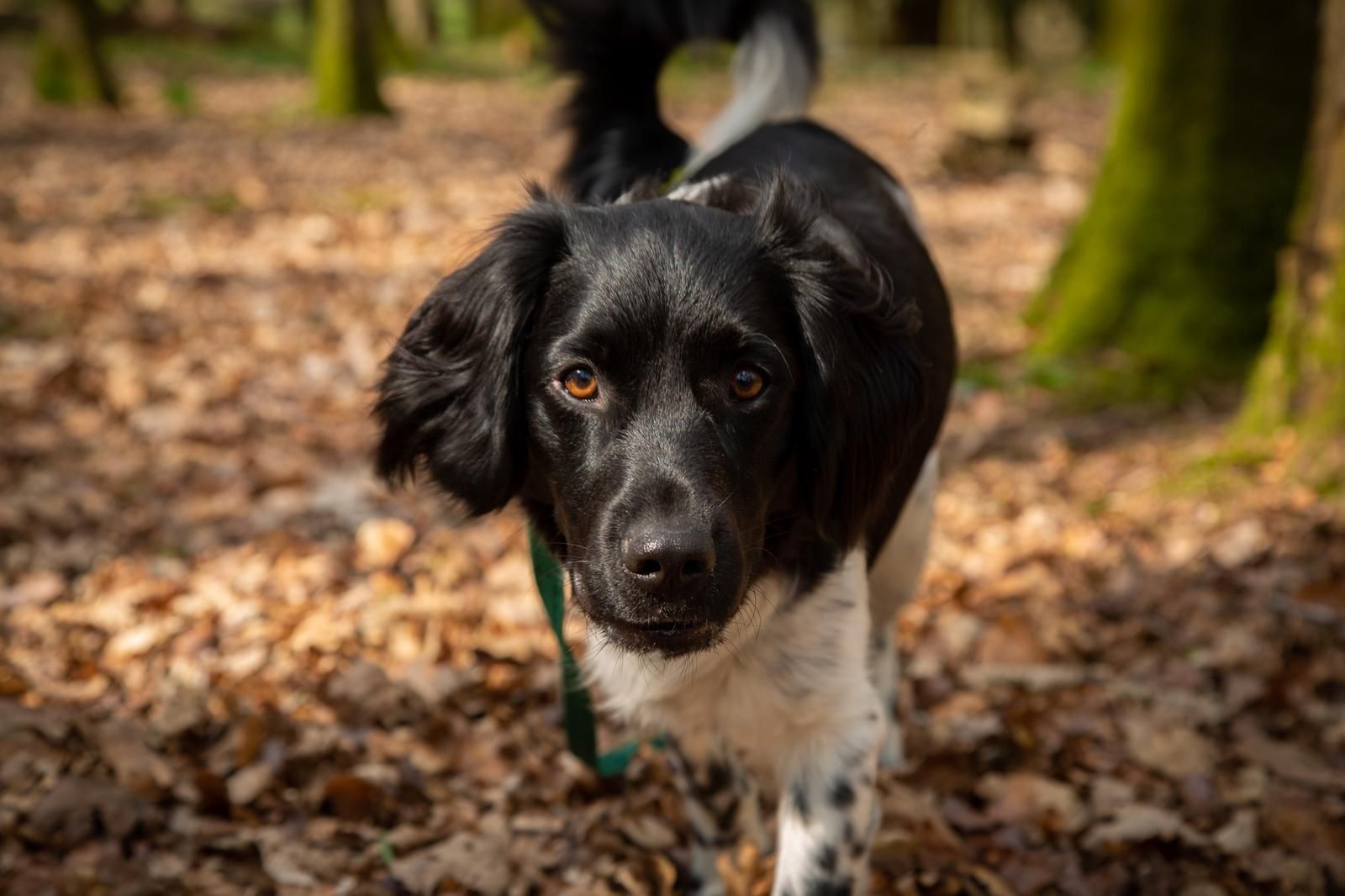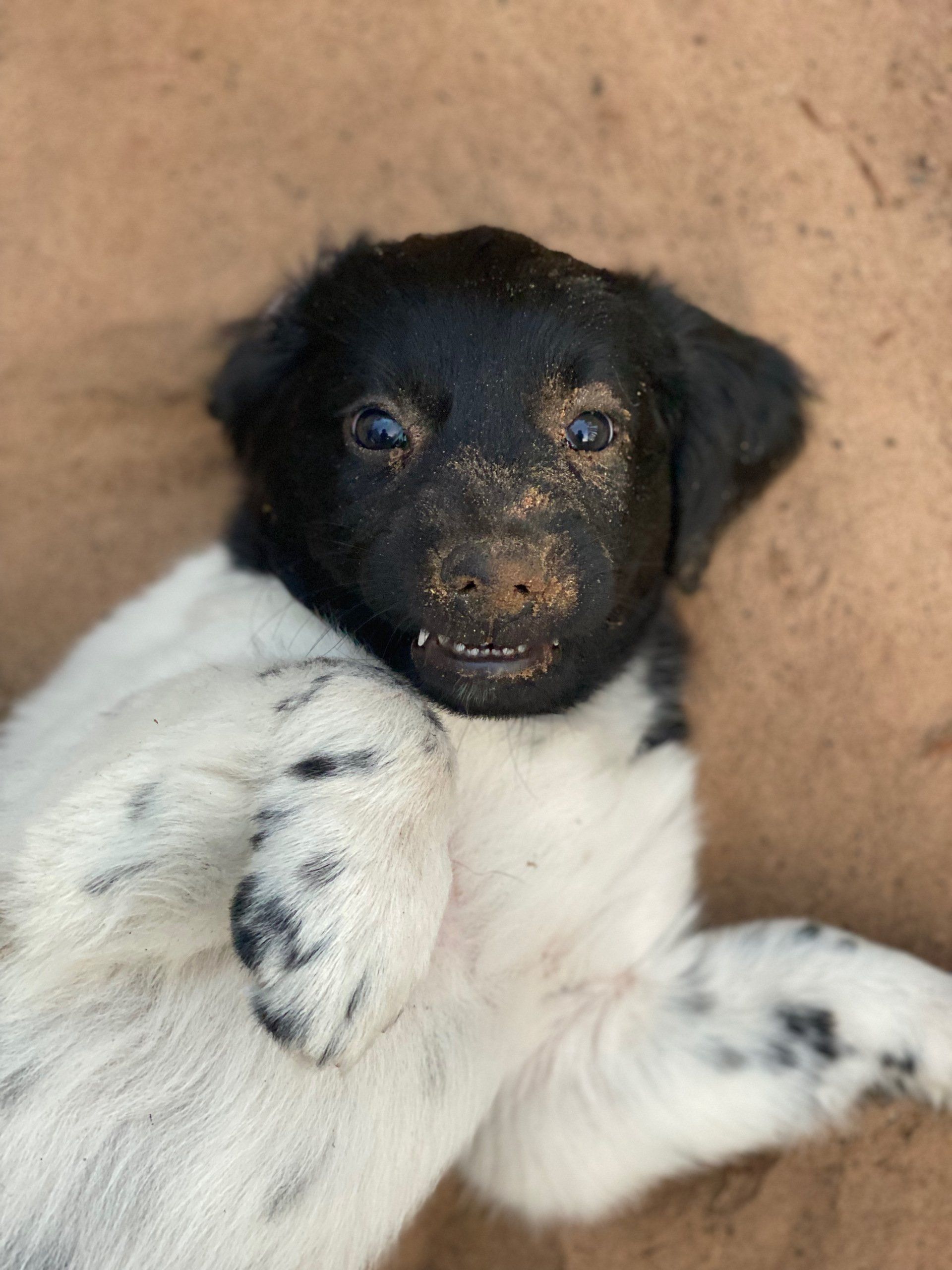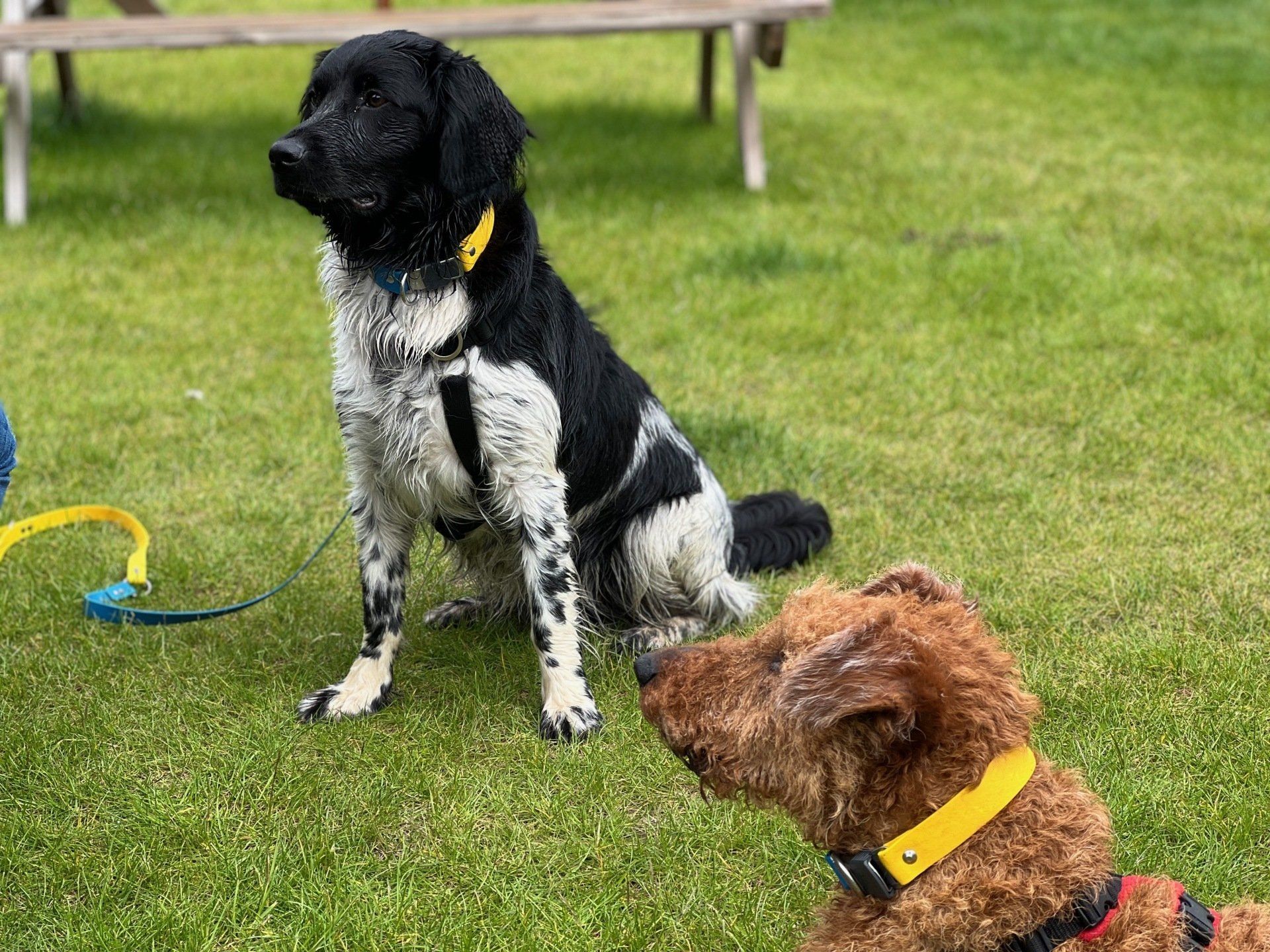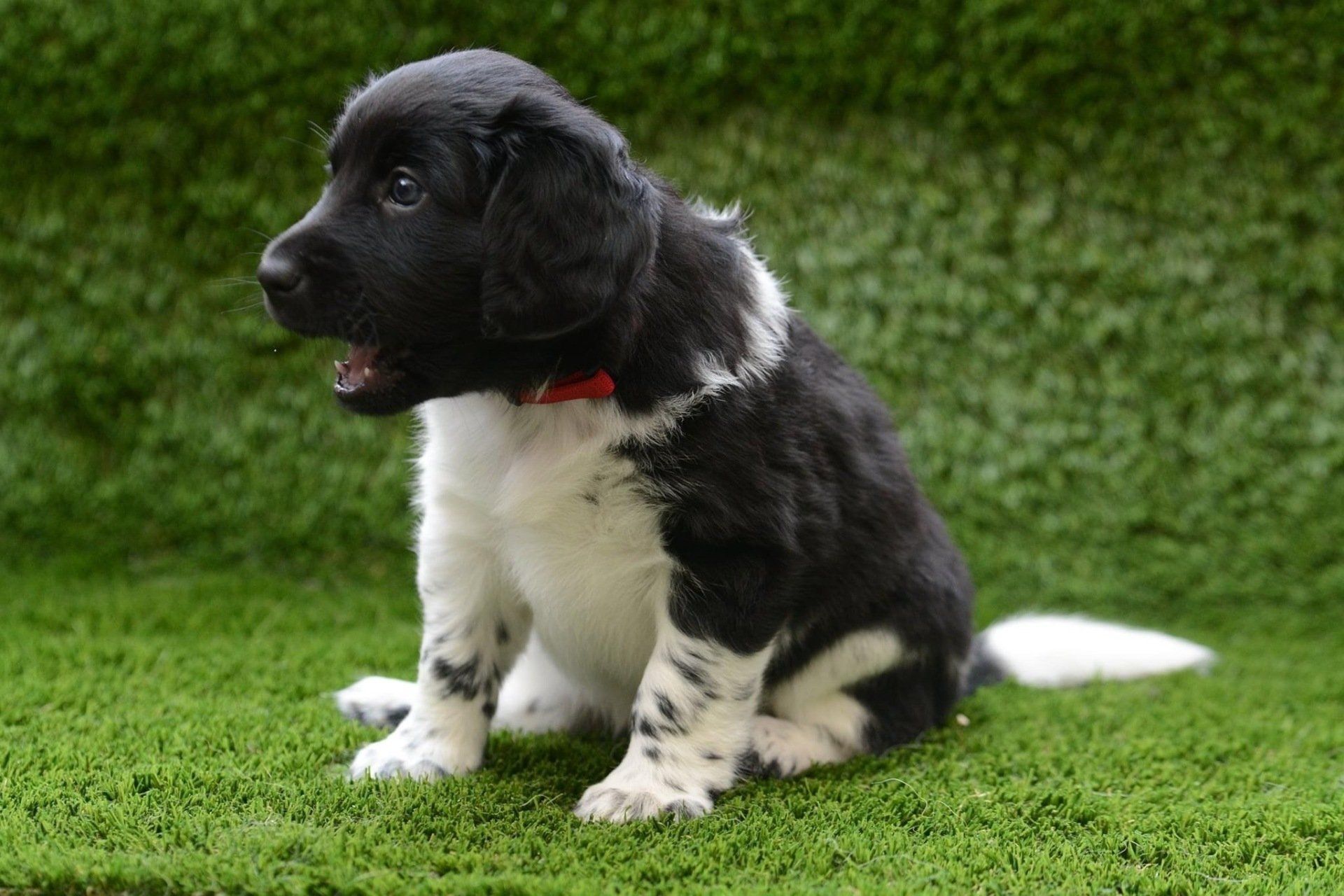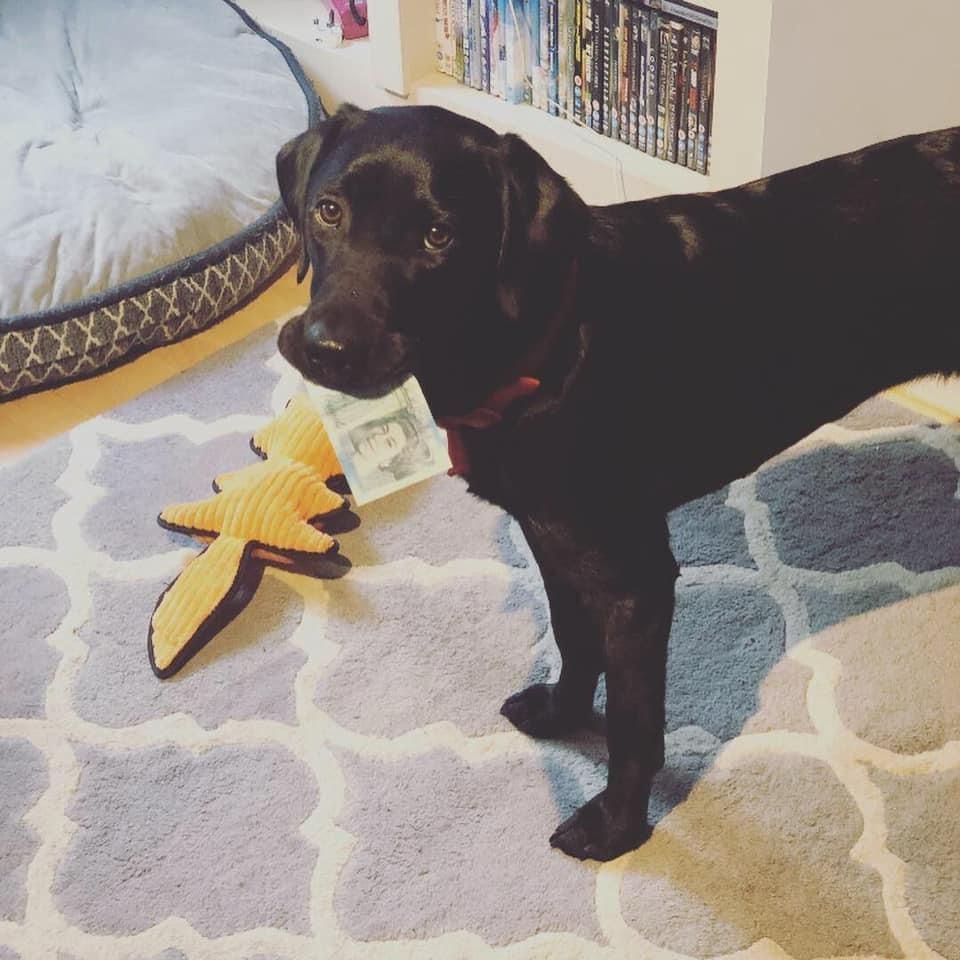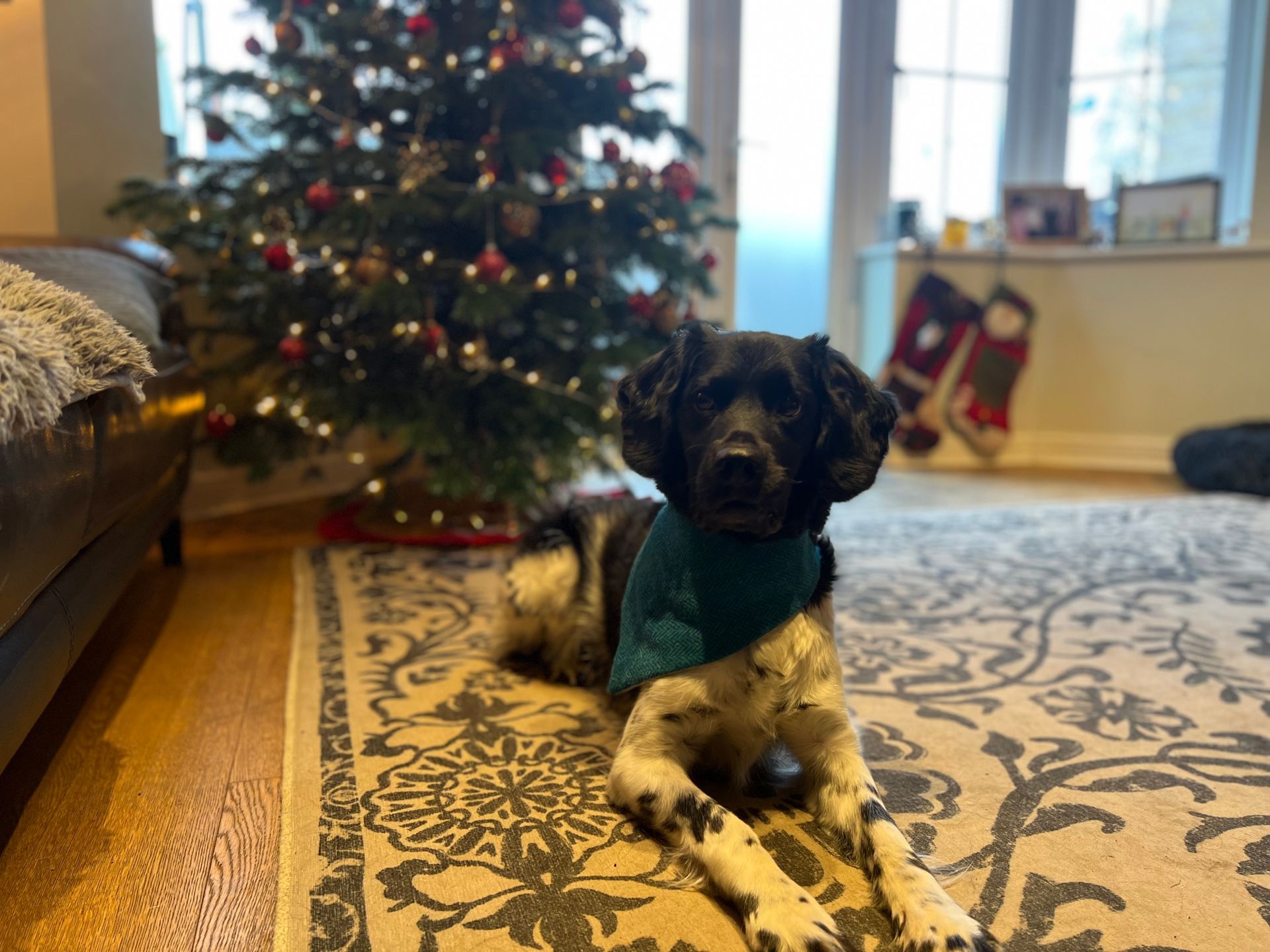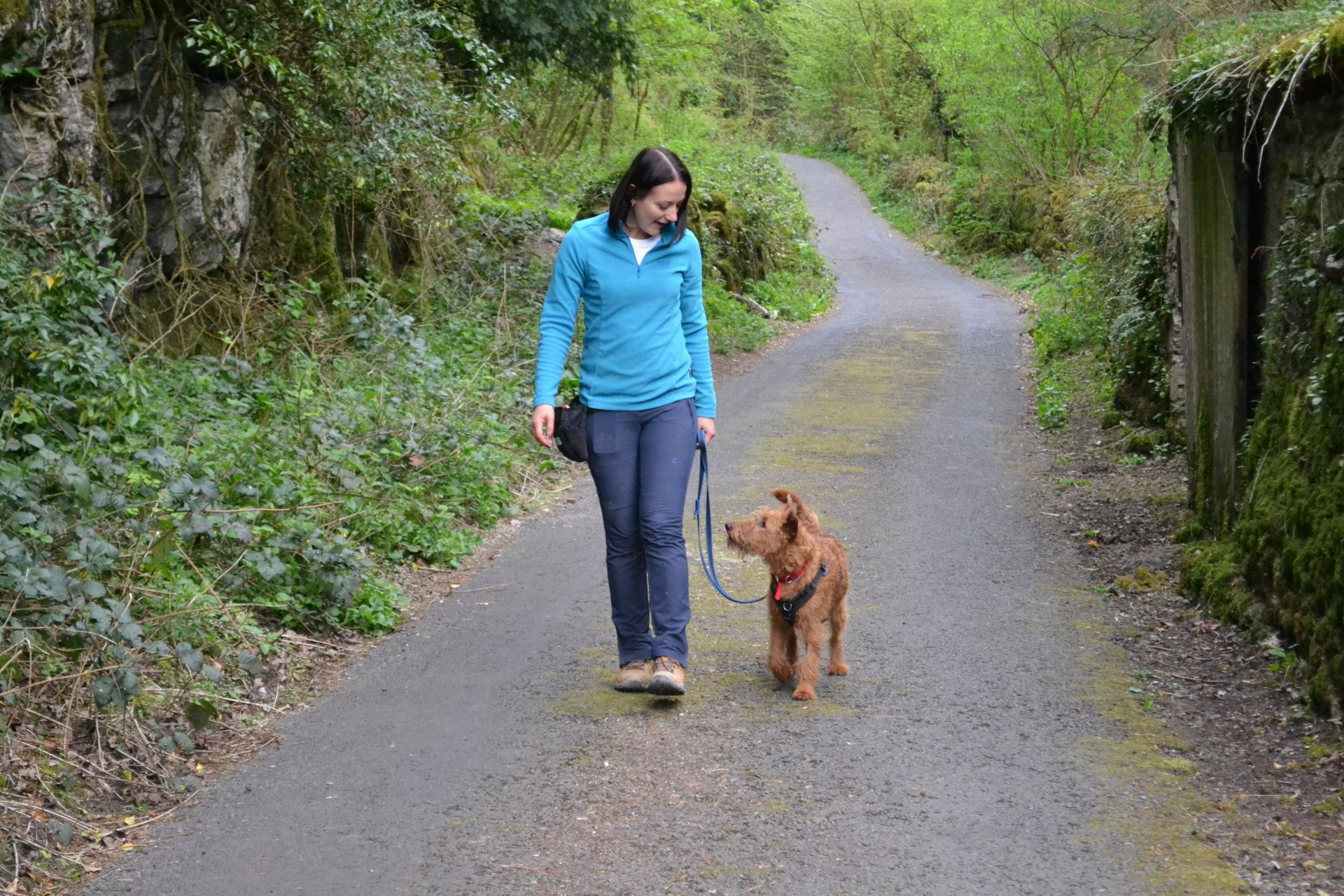
Puppy Biting SOS
- by Tash Clark
- •
- 08 Aug, 2023
- •
Help! My puppy turned into a shark!
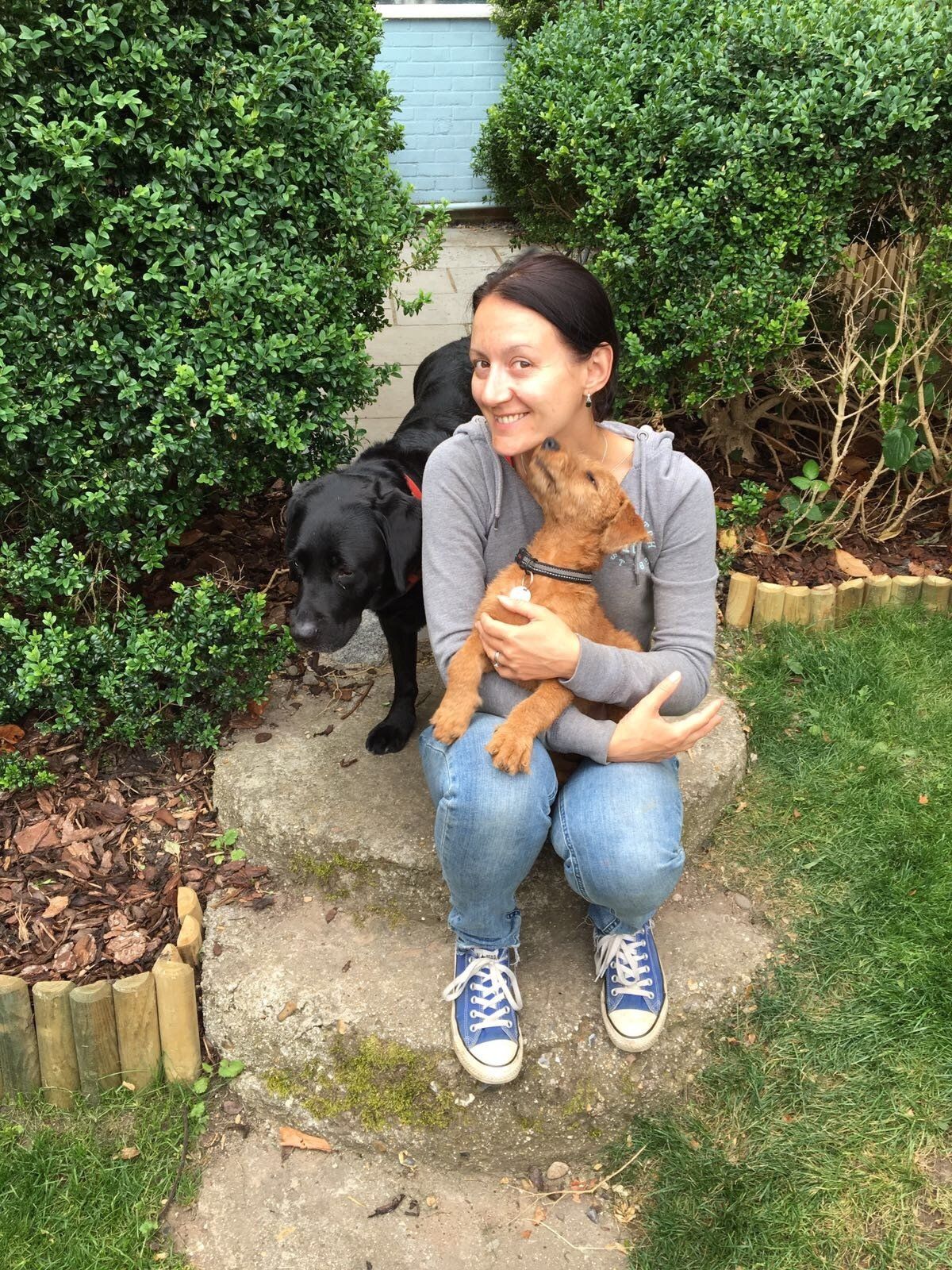
Puppy Biting 101
· Meet your puppy’s needs
· Sleep – young puppies need to sleep 16-18 hours a day (tired puppies are cranky!)
· Food – does your puppy become more ‘bitey’ close to meal times? Check the amount you are feeding is adequate to your puppy’s age and weight; how many times a day do your feed your puppy? Puppies under 3 months old would benefit from 4 meals a day, puppies 3-6 months old will benefit from 3 meals a day.
· Thirst – puppies should have access to fresh clean water 24 hours a day, they may forget where their water bowl is (especially if they are playing), so make sure there is a water bowl in every room your puppy hangs out in.
· Toileting – some puppies might bite when they need a toilet, keeping a toileting diary will help to identify this!
Puppy Biting Do's:
· Teach your puppy what is acceptable to bite – toys!
· Puppies need to play, so schedule short play sessions into your day.
· Play by the rules:
· Start play BEFORE your puppy starts biting.
· Play with long toys (so those sharp teeth are away from your hands)
· Those long toys are special! They are only available during interactive play sessions and do not live in your puppy’s toy box.
· Don’t play for too long – 2-3 minutes will be enough for young puppies.
· Finish play with a calming activity.
· Have a selection of toys that your puppy can pick up – praise your puppy whenever you notice them picking up a toy. Have a variety of shapes and textures.
· Rotate your puppy’s toy every few days to maintain novelty
· Make sure you check your puppy’s toys for signs of damage and remove them, should they become unsafe for your puppy.
3 Calming activities:
· Sniffing (snuffle mats, scatterfeeding)
· Chewing (edible and non-edible chews)
· Licking (Kongs, likimats)
Try and utilise your puppy’s daily food allowance for these activities.
4 Have a Zen Zone
A room where you want to relax and watch TV in is NOT the room to play with your puppy in.
5 In the moment, If the puppy bites you:
· Stop (if you can), movement is more likely to excite your puppy and they will bite more.
· Call away – if there is another family member there, they can call puppy to them (they can then reward the recall and redirect puppy onto an alternative activity)
· Ask the puppy to perform a known behaviour, a ‘sit’, for example, (if no-one else is available) – you can then reward the sit and redirect puppy to a different activity (a toy or drop a few biscuits on the floor).
Avoid these common mistakes:
· Shouting ‘ouch’ or ‘no’ – a lot of puppies will find it exciting!
· Allowing puppy to bite hands in play (long toys will help with that)
· Play with puppy when they are overtired (choose a calming activity instead).

Dog behaviour consultations and training are provided by Dogs be Dogs, a trading name of N V Clark Limited, registered in England no. 10730091
Registered office: Rosemary Cottage, Palmers Lane, Burghfield Common, RG7 3DU
Group class services are provided by Dogs be Dogs Limited, registered in England no. 13240349
Registered office: Rosemary Cottage, Palmers Lane, Burghfield Common, RG7 3DU
Please note, this address is NOT our training venue, but the registered business mailing address only.

